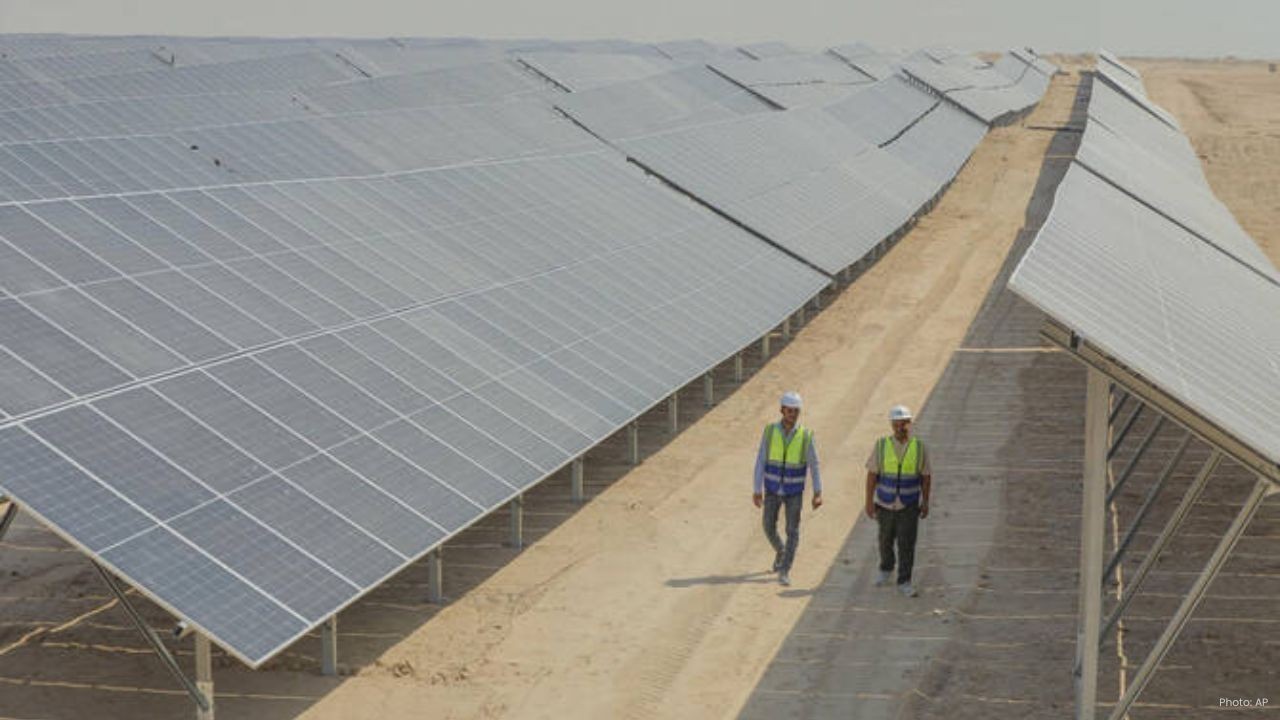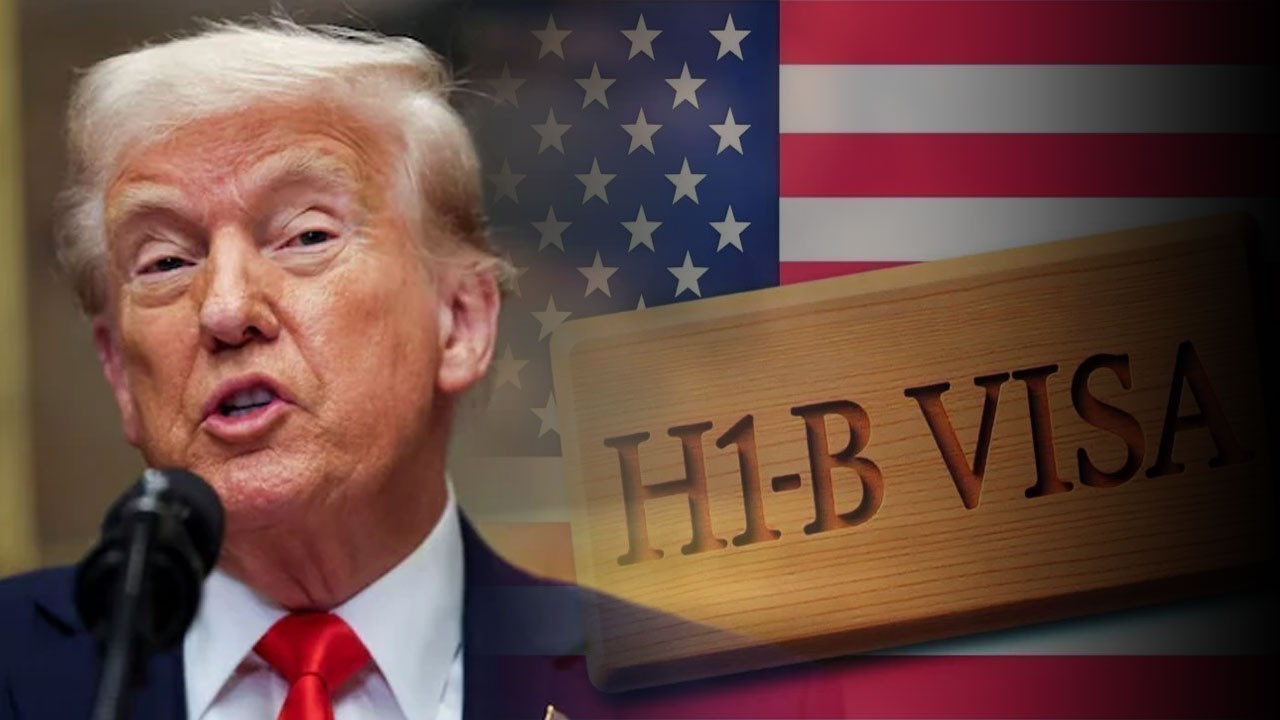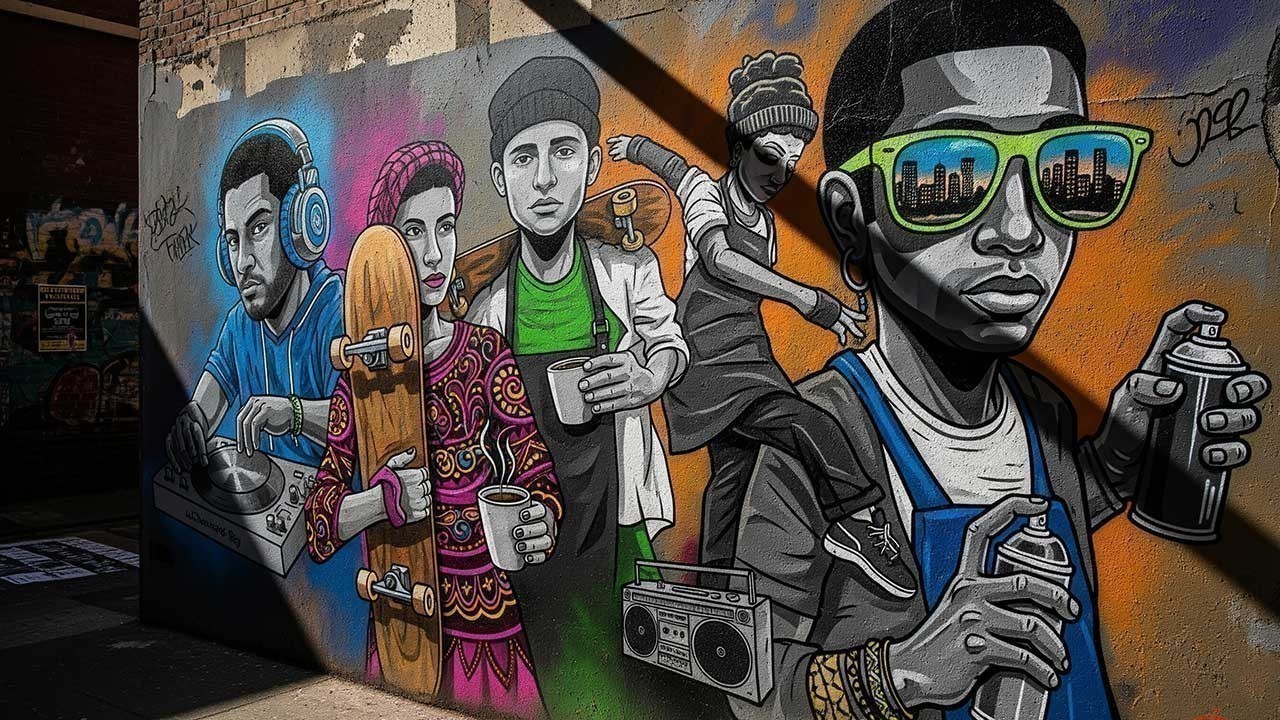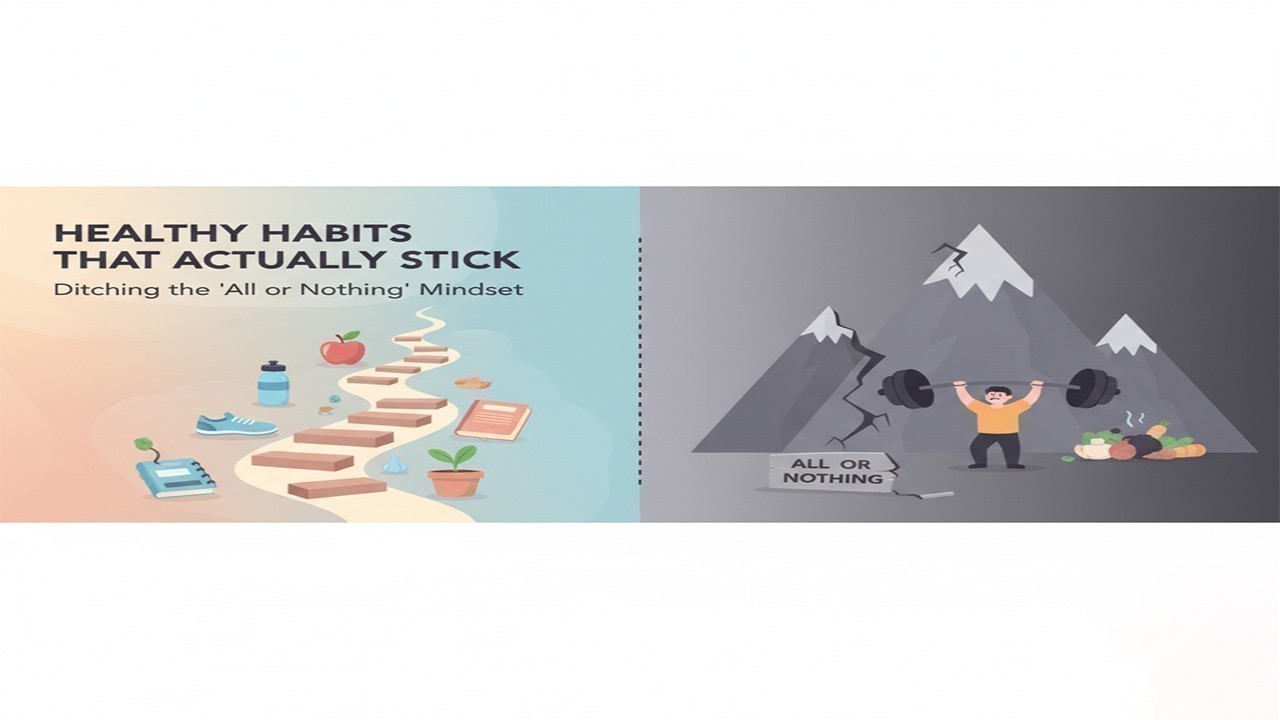
Post by : Anish
When you hear about Web3 or blockchain, your mind might jump straight to cryptocurrencies, digital art, or perhaps even the concept of the "metaverse." While these are certainly parts of the Web3 world, they're often the most talked-about, sometimes overshadowing the truly practical ways these new technologies are changing everyday industries. Across Asia, from the bustling financial hubs of Singapore and Hong Kong to the growing tech scenes in India and Southeast Asia, businesses are quietly putting Web3 and blockchain to work to solve real problems and create new opportunities.
Unlike the current internet (Web2), where big companies control most of our data and online services, Web3 aims to be decentralized. This means power is spread out, not held by a few giants. It's built on blockchain technology, which is essentially a super-secure, shared record book that no single person or group can change once something is written down. This idea of trust and transparency, without needing a middleman, is what makes Web3 so powerful for real-world uses.
Asia is a fertile ground for these changes. With a tech-savvy population, governments often open to new ideas, and a strong drive for innovation, many countries in the region are at the forefront of adopting blockchain beyond just digital currencies. We're seeing it make supply chains clearer, financial services faster, digital identities safer, and even bringing new life to entertainment. Let's look at how these technologies are truly stepping out of the virtual world and into our daily lives across the continent.
The world of finance in Asia is perhaps one of the most active areas for blockchain and Web3 innovations, moving far beyond just buying and selling cryptocurrencies. One of the biggest impacts is in cross-border payments. Traditionally, sending money from one country to another, especially across Asia's many nations, can be slow and expensive, often involving multiple banks as middlemen. Blockchain can change this by making payments faster, cheaper, and more direct, almost instantly from person to person or business to business. Companies are using blockchain networks to process these payments with greater transparency and lower fees.
Another significant development is Decentralized Finance (DeFi). Imagine financial services like lending, borrowing, and trading, but without needing a traditional bank or financial institution. DeFi platforms, built on blockchain, allow people to do these things directly, using smart contracts – which are like self-executing agreements. While still developing, DeFi is gaining traction in parts of Asia, especially for populations that might not have easy access to traditional banking services. It's offering new ways for individuals and small businesses to get financial help.
We're also seeing the rise of Central Bank Digital Currencies (CBDCs). Many Asian central banks, like those in India, China, and Thailand, are actively exploring or piloting their own digital versions of national money. While not fully decentralized like other blockchain projects, CBDCs use blockchain-like technology to make digital payments more efficient and secure, potentially changing how everyday transactions happen. These digital currencies could simplify payments, reduce cash handling, and even make government aid distribution more efficient.
Tracing products from where they're made to where they're sold can be a complex mess, especially for global supply chains that span across Asia. Issues like counterfeit goods, lack of transparency, and inefficient tracking are common problems. This is where blockchain technology steps in as a powerful solution. By recording every step of a product's journey on a blockchain, companies can create a permanent, unchangeable record that everyone involved in the supply chain can see.
Think about buying fresh produce or luxury goods. With blockchain, a consumer could potentially scan a QR code on an item and see its entire history: where it was grown or made, when it was shipped, who handled it, and even its temperature along the way. This level of transparency helps prevent fraud, ensures quality, and builds trust between consumers and brands. For businesses, it means quicker identification of problems if something goes wrong, better management of inventory, and reduced waste.
In Asia, where many goods are manufactured and then shipped worldwide, blockchain is being used to track everything from food products in Vietnam to electronics components from China. It helps ensure ethical sourcing, proves the authenticity of high-value items, and makes logistics smoother. By removing the need for mountains of paperwork and reducing human error, blockchain is making supply chains more efficient and trustworthy for everyone involved.
In the age of countless online accounts and frequent data breaches, the idea of truly owning your digital identity is becoming very appealing. Web3 and blockchain offer solutions for "self-sovereign identity," meaning individuals would have more control over their personal data and how it's shared. Instead of companies holding all your personal information, you would store your own verified data (like your ID, qualifications, or medical records) on a blockchain-secured digital wallet. You then decide exactly who gets to see what, and for how long.
This approach greatly improves data privacy and security. Imagine needing to prove your age to buy something online, but instead of sharing your full birthdate, your digital identity simply confirms you are "over 18" without revealing anything else. This selective sharing of information, powered by blockchain, reduces the risk of your personal data being stolen or misused. For everyday uses in Asia, this could mean simpler and safer online logins, quicker verification processes for services, and a more secure way to manage your personal records like education certificates or health information.
Governments and businesses in Asia are exploring these digital identity solutions to streamline services, enhance security for citizens, and build more trusted online environments. It moves us towards a future where you, the user, are at the center of your digital life, with far more control than ever before.
While Non-Fungible Tokens (NFTs) often make headlines for expensive digital art, their real power lies in their ability to represent unique ownership of any asset, digital or physical, on a blockchain. This "utility NFT" concept is gaining significant traction across Asia, far beyond just collectibles.
In the real estate sector, NFTs are being used to "tokenize" properties. This means a piece of land or a building can be broken down into many digital tokens, each representing a small share of ownership. This allows for fractional ownership, making real estate investment more accessible to a wider range of people, as you don't need to buy an entire property. It also makes buying and selling property shares faster and more transparent, cutting down on paperwork and middlemen. We're seeing pilot projects for this in places like Dubai and Singapore.
Event ticketing is another area where NFTs are making a difference. Instead of paper tickets or easily copied digital files, NFT tickets are unique and verifiable on the blockchain. This helps prevent ticket fraud and scalping, ensuring that fans get legitimate tickets and event organizers can track resales more fairly. Even in the gaming industry, NFTs are allowing players to truly own their in-game items, characters, and virtual land, which they can then trade or sell outside of the game itself, creating new digital economies. In Asia's booming gaming market, this gives players more value from their virtual achievements
Asia is rapidly becoming a key player in the global Web3 and blockchain revolution. The region's diverse economies, large tech-savvy populations, and governments often eager to embrace digital transformation are driving rapid adoption and innovation. From regulatory sandboxes in financial hubs allowing new blockchain ideas to be tested safely, to widespread grassroots interest in digital assets, the stage is set for continued growth.
However, challenges remain. Issues around clear regulations, ensuring data security in new decentralized systems, and making these complex technologies easy for everyone to use are still being addressed. But the ongoing investment in infrastructure, education, and cross-border collaboration suggests a strong commitment.
The journey of Web3 and blockchain in Asia is a powerful example of how cutting-edge technology can move beyond theoretical concepts and hype cycles to deliver tangible benefits in everyday industries. It's about building a more transparent, efficient, and user-controlled digital future, brick by digital brick, across the entire continent.
The views expressed are solely those of the author and may not reflect the official position of DXB News Network. This article is for informational purposes only and should not be considered professional advice. Readers should do their own research and consult experts before acting on any information. DXB News Network is not responsible for any losses or damages from relying on this content.

The Rise and Fall Show India A Reality Entertainment Revolution
The Rise and Fall Show India brings a fresh wave in reality TV blending drama strategy and inspir

Timbaland to Headline One-Night-Only Dubai Arena Show
Legendary producer Timbaland performs Nov 28 at Dubai’s Coca-Cola Arena, featuring hits, his son Dem

British Couple Freed After 8 Months in Taliban Captivity
Barbie and Peter Reynolds reunited with family in Doha after 8 months in Taliban captivity, highligh

Beth Mooney Blasts Record ODI Century, India Reeling
Beth Mooney scores 138 off 75, equaling second-fastest ODI ton. Australia crush India, conceding mos

Rutgers Football 2025 Key Moments Challenges & Future Outlook
Explore Rutgers Football 2025 season highlights recruiting updates key challenges and what s next

Algeria-Mali Drone Dispute Sparks Regional Tensions
Mali accuses Algeria of downing its drone; Algiers denies, citing airspace violation. Diplomatic tie

Iraq Launches First Industrial-Scale Solar Plant in Karbala
Iraq opens its first large solar plant in Karbala, aiming to ease chronic power shortages and boost

The Rise and Fall Show India A Reality Entertainment Revolution
The Rise and Fall Show India brings a fresh wave in reality TV blending drama strategy and inspir

Rutgers Football 2025 Key Moments Challenges & Future Outlook
Explore Rutgers Football 2025 season highlights recruiting updates key challenges and what s next

H1B Visa 2025 Trump s New Rules $100K Fee & Gold Card Visa Explained
Trump s 2025 H1B visa rules bring a $100K fee stricter entry limits and a new Gold Card visa Find

The Smart Guide to Choosing the Right Protein Supplement for Your Diet
Learn how to choose the right protein supplement for your diet Discover types benefits and tips f

Street Art & Urban Culture How Murals Tell Stories Worldwide
Explore street art worldwide Discover murals that tell stories inspire communities and shape urba

The Revival of Vinyl Records Why Old School Music is Making a Comeback
Discover why vinyl records are making a comeback offering rich sound nostalgia and a real music e

Healthy Habits That Actually Stick Ditch the All or Nothing Mindset Today
Build healthy habits that last by ditching the all or nothing mindset Focus on small steps consist

10 Bridal Lehenga Designs to Set Wedding Fashion Trends in 2025
Explore 10 stunning bridal lehenga designs of 2025 from pastels to metallics perfect to set weddin